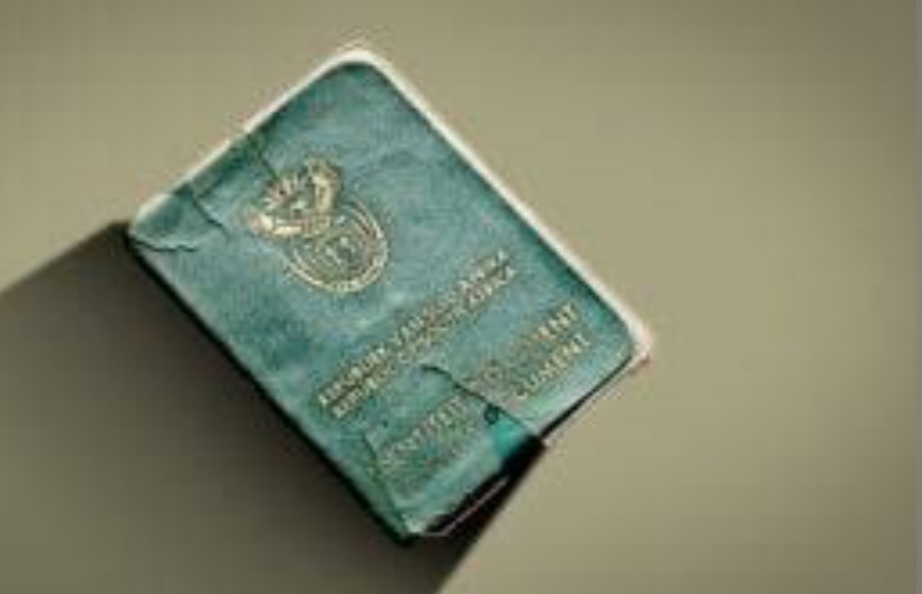Things are looking bleak for South Africans as food and fuel prices continue to rocket sky high. Many families struggle to enjoy even a decent meal on any given day as they simply cannot afford it especially because people lost their jobs during the Covid-19 pandemic. Higher food prices means more households are struggling to put food on the table. The frightening fact from Stats SA report is that regardless of how poverty is measured, female-headed households experience higher levels of poverty when compared to their male counterparts.
INEQUALITY IS WORSENING
Stats SA and other organisations say that it will be hard for families as some basic food products and meat prices will continue to rise. Going to school or work will cost more with the fuel increase. While trying to keep the lights on will also be more expensive as Eskom increased tariffs.
"The poverty situation in South Africa is definitely getting worse. Over the past two years, Covid-19 and July unrest has exacerbated the situation around hunger and malnutrition," says Brian Nell, CEOat Rise Against Hunger Africa (RAH Africa).
Now with the Russia-Ukraine war impacting on fuel prices, food prices and the general cost of living going up. Even though the government is providing some assistance in the form of grants, they fall short of meeting people's basic needs.
LIVING BELOW THE POVERTY LINE
The Pietermaritzburg Economic Justice & Dignity(PMBEJD) group says poverty and inequality is worsening. The food poverty line is R624 per month and yet the child support grant is R460 which is clearly below what would sustain each child a month.
"The child support grant (CSG) has lost value over the past several years. It is pegged far below the actual cost required to feed a child properly. This suggests that the key instrument to directly support our children, and to reduce poverty and inequality in South Africa is being slowly marginalised and perhaps abandoned by South Africa's leaders," says the group.
The PMBEJD group warns that we are in danger of losing a key instrument - the CSG - in reducing poverty and inequality amongst 30million black South Africans who live in desperate poverty and for whom the almost three decades of democracy yielded far too little improvement.
According to RAH Africa one of the most critical areas where poverty has had a negative impact is the high rates of malnutrition amongst children. One in four children in SA are born developmentally stunted.This is mainly due to lack of good nutrition they receive in the first 1000days of their life (from conception to 2 years).
"A developmentally stunted child will not be able to perform at school compared to their peers and the chances of them finishing school or obtaining a tertiary education are very slim. This results in a perpetual cycle of poverty," Brian warns.
South Africa is the most unequal country in the world, meaning the economy doesn't equally benefit its citizens.
HARD TIME TO MAKE ENDS MEET
The PMBEJD tracked and saw an increase in foods such as rice, samp, potatoes, chicken and beef offal, fish, butternut, spinach, pilchards, apples, oranges and polony.
If things continue this way then many families will not be eating beef for a while. The closest thing to a beef they will have in their dish, is if they season their food with a beef stock cube.
Stats SA reports that beef products such as mince, steak and beef stew recorded the largest price increases. Oils & fats continue to record relatively high rates of inflation.
The cost of the core foods prioritised and bought first by a household remains a concern. Year-on year, this basket of 17 foods, which should ordinarily be affordable and found in everyone's' home and which includes maize meal, rice, flour, sugar, sugar beans, oil, bread, onions, potatoes, chicken portions, salt, stock, soup and tea, whilst declining slightly from August 2021. is still relatively very high.
Brian Nell says it's not all doom and gloom but fighting hunger needs a joint effort.
"The challenge to solving the problem nationally is getting a collective workable road map between government, corporate SA andNGOs working in this space to collaborate, share resources and information and strategically plan to bring this under control. This has to be led by government and must ensure it is inclusive of all stake holders involved in the fight against hunger," Brian concludes.







